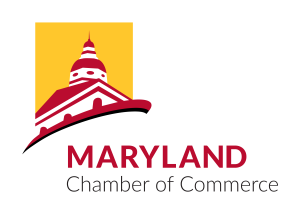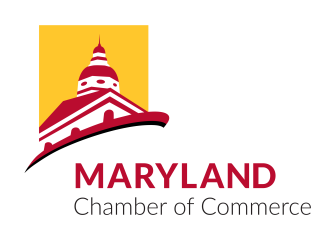
The essential premise Bryan Sears’ recent article on Maryland transportation infrastructure invites us to consider the stark reality that deferring maintenance and necessary improvements to Maryland’s public transportation infrastructure is, as we stand, past due.
Any sensible analysis of this situation would reveal that we are not merely dealing with roads and bridges but the economic lifeblood of the state.
A public convinced of the necessity of these improvements, as reflected in the recent Gonzales Poll, has shown a commendable understanding that procrastination in this arena will only magnify the impending costs — both financial and human.
It would be superfluous to argue that Maryland’s transportation network is vital. In a civilized society, the free flow of goods and services, and indeed the movement of people, is foundational. The transportation network is the very bloodstream of our economy. Therefore, the current state of disrepair and inadequacy — due to a lack of visionary public investment — should be seen not merely as a civic inconvenience but as an affront to common sense and prudence.
Let us remember that all delayed improvements have a compounding cost, one that is not merely confined to dollars but extends to the productivity of the populace. To remain in gridlock is to sacrifice precious hours in a day — hours that might otherwise be employed toward productive enterprise.
Such a loss is incalculable, but it is undeniably damaging.
The Gonzales Poll reflects a willingness among the people of Maryland to face this reality, provided that we can cast off the self-imposed handcuffs of fiscal shortsightedness. While the debate persists over whether roads or transit should be prioritized, this binary choice misses the point entirely. Both must be funded, both must be improved, and both must be viewed as complementary pieces of a greater puzzle.
The suggestion that a mere penny increase in the gasoline tax might go some way to solving this problem should hardly stir the souls of those concerned with fiscal prudence. The costs of inaction are far greater than those of a modest tax adjustment.
What remains is for our public officials to act with the requisite fortitude. For too long, politicians have been seduced by the siren song of short-term savings, which invariably leads to long-term peril. Deferred maintenance is not merely a metaphor; it is a neglect that will certainly cost this state dearly if we do not address it now.


